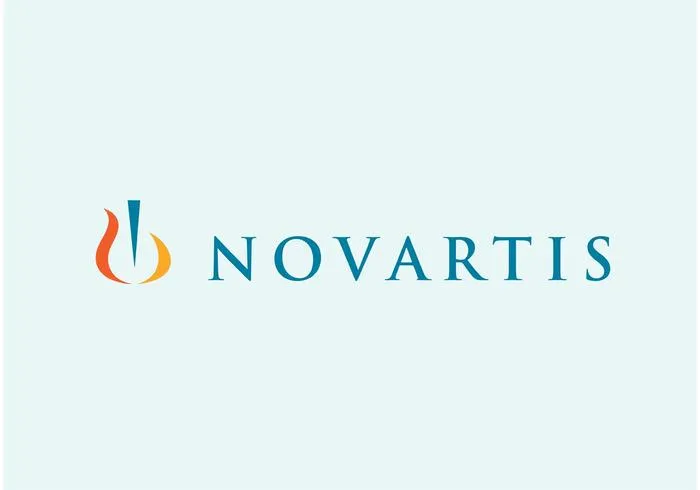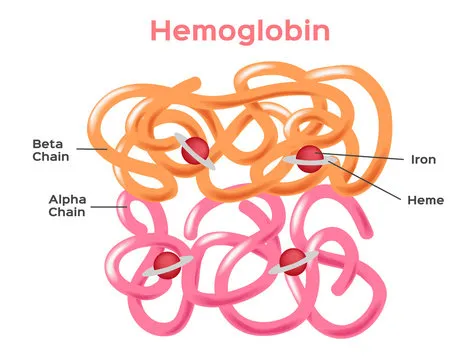
Novartis’ Fabhalta Shows Meaningful Hemoglobin Improvement in PNH Patients, Reinforcing Benefit of Oral Monotherapy
Novartis recently announced positive results from its APPULSE-PNH study — a Phase IIIB trial evaluating Fabhalta® (iptacopan) in adult patients with paroxysomal nocturnal hemoglobinuria (PNH) who have a baseline hemoglobin (Hb) level of 10 g/dL or greater and have previously been treated with standard C5 inhibitor therapy (eculizumab or ravulizumab). The data show a significant and clinically meaningful improvement in patients’ hemoglobin levels after 24 weeks of treatment with Fabhalta, alongside additional health-related benefits. These results further highlight Fabhalta’s growing role as a convenient, oral monotherapy for PNH, addressing ongoing unmet needs in the patient community.
The study’s main efficacy endpoint—the improvement in hemoglobin from baseline to Week 24—is particularly noteworthy. APPULSE-PNH demonstrated a mean improvement in Hemoglobin of 2.01 g/dL (95% CI, 1.74–2.29) after 24 weeks of treatment with Fabhalta. Importantly, the vast majority of patients (92.7%) achieved Hemoglobin of 12 g/dL or greater by the study’s conclusion — a range considered normal or near normal — reflecting a dramatic improvement in their anemia. Furthermore, none of the patients required a blood transfusion during the study, which underscores the strong, sustained hematologic control provided by Fabhalta.
“The positive results from APPULSE-PNH further reinforce Fabhalta’s ability to provide clinically meaningful improvements in Hemoglobin in PNH patients who previously may not have adequately responded to standard C5 inhibitor therapy — or who may wish to discontinue infusion therapy in favor of a convenient, oral option.” said Austin Kulasekararaj, Consultant Hematologist at King’s College Hospital and King’s College London. “This data shows us that Fabhalta can enable many patients to reach normal or near-normal Hemoglobin levels while offering them greater independence and control over their disease, without requiring them to remain tied to an infusion center for ongoing treatment.”
Additionally, patients treated with Fabhalta in APPULSE-PNH demonstrated clinically significant improvements in their fatigue scores — measured by the Functional Assessment of Chronic Illness Therapy–Fatigue (FACIT-Fatigue) scale — through Day 168. The scores fell into a range similar to those typically reported in the general population, reflecting an improvement in health-related quality of life alongside their hematologic response. This further underscores the patient-centric benefit of Fabhalta’s monotherapy for individuals living with PNH, many of whom suffer from persistent weakness, weakness-related symptoms, and reduced physical activity due to anemia.

Evidence from APPULSE-PNH also shows that Fabhalta successfully controls intravascular and extravascular hemolysis — two key mechanisms responsible for anemia in PNH — as demonstrated by a reduction in lactic dehydrogenase (LDH) levels to less than 1.5 times the upper limit of normal and a marked drop in the absolute reticulocyte count. This resolution of both forms of hemolytic activity signals that Fabhalta is not only improving Hemoglobin but is directly addressing the underlying pathophysiologic mechanisms that contribute to anemia and related complications in PNH.
“Novartis is dedicated to advancing research and innovation to transform care and significantly improve the lives of people living with PNH and their families or caregiver networks,” said Shreeram Aradhye, M.D., President, Development and Chief Medical Officer, Novartis. “New data from APPULSE-PNH, combined with the previously reported results from the Phase III roll-over extension of the APPLY-PNH and APPOINT-PNH studies, further reinforce the strong efficacy and safety profile of Fabhalta. Importantly, Fabhalta stands out as the first and only oral monotherapy currently available for the treatment of adults with PNH, regardless of their previous treatment experience. This marks a significant step forward for both patients and their doctors in choosing a convenient, effective, well-tolerated treatment that can enable them to manage their condition while retaining greater control over their daily routines.”
Additional data from the APPULSE-PNH study will be presented at the upcoming European Hematology Association (EHA) Congress 2025. This includes additional follow-up data from both APPULSE-PNH and the ongoing Phase III roll-over extension studies from APPLY-PNH and APPOINT-PNH. Importantly, these longer-term data show that Fabhalta maintains its favorable safety profile, with no new safety signals and a tolerability profile that is consistent with previously reported data.
Together, these results underscore the growing role Fabhalta can play in improving the standard of care for PNH, a rare but serious condition. PNH, a hematologic disorder stemming from a defect in the PIGA gene, leaves red blood cells vulnerable to attack by the body’s own complement cascade — a process that can manifest in weakness, anemia, complications stemming from intravascular and extravascular destruction of erythrocytes, and related health issues. Currently, standard treatments typically rely upon C5 inhibitor therapy — an option that can control the disease but often comes with drawbacks related to administration, breakthrough complications, and ongoing symptom persistence.
Fabhalta’s ability to control both forms of hemolytic activity while delivering clinical improvement in Hemoglobin and related symptoms — all through a convenient, patient-directed, twice-daily oral medication — signals a significant step forward for PNH care. Furthermore, this data underscores its potential to enable many patients to achieve greater independence and a higher quality of life.
Overall, the APPULSE-PNH study adds to the growing body of strong and consistent data demonstrating Fabhalta’s broad therapeutic benefits for PNH patients. The results reflect its ability to provide clinical control of anemia and related complications, reduce disease-related symptoms, and enable patients to live with greater normalcy and dignity — a major stride forward in the treatment landscape for PNH.





